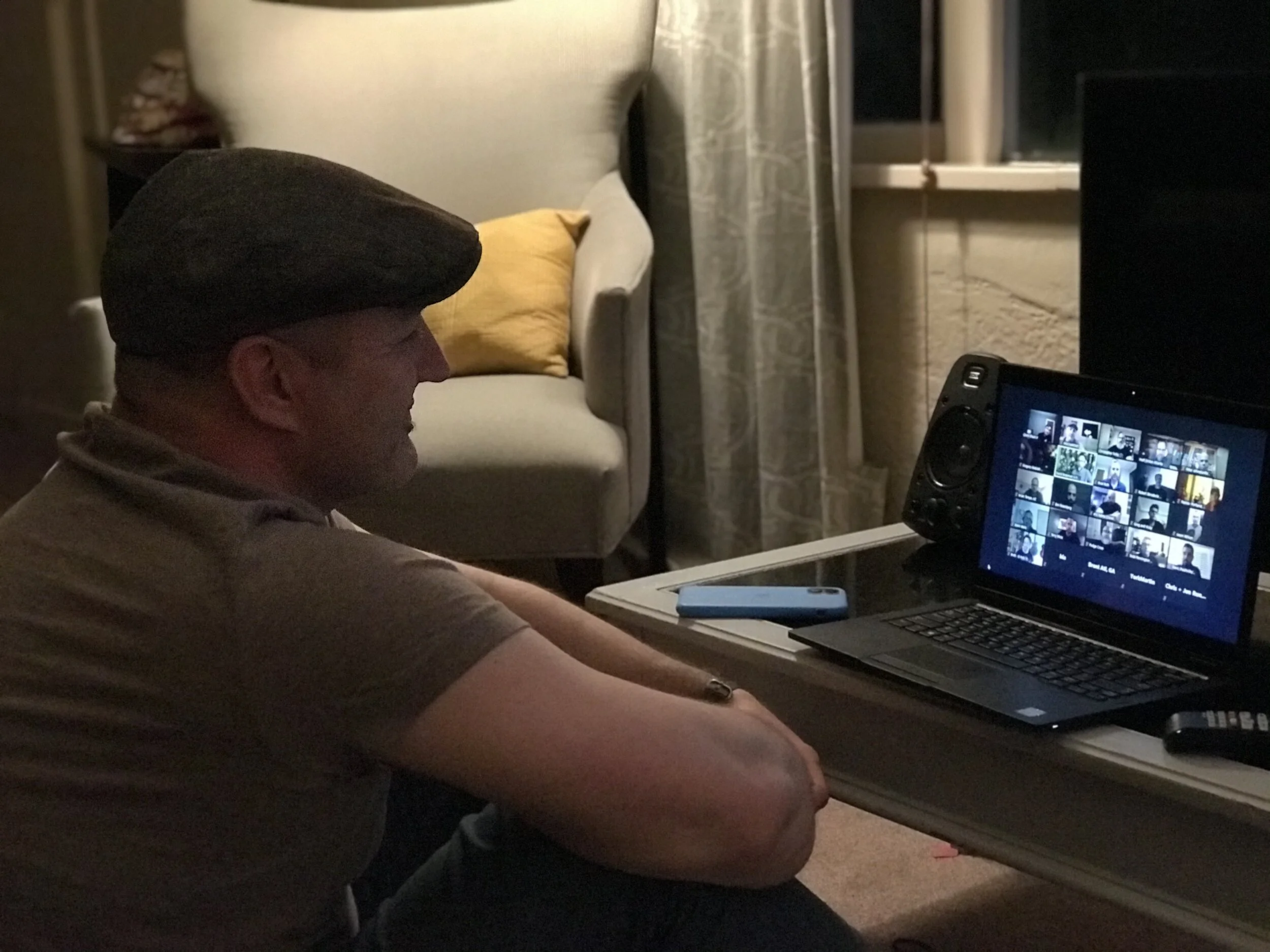Teach me to Curse
A few nights ago, I “attended” one of those live-stream, artist-in-their-living-room events with a band that I’m crazy about and during the talk-back, I pointed out a number of references to lines of poetry in their songs, asking, “were some of you guys English majors?”
The lead singer (and principal songwriter) fessed up that he had been one at Toccoa Falls College and that the Rilke, T.S. Eliot, Maya Angelou references were his fault—a man after my own heart, I thought, and score one for English majors everywhere!—but then he quickly disclaimed: something to the effect of, “Yes, I was an English major; it was a pointless waste.” My rising reverie was, as you can probably guess, short-lived.
His disavowal put me in mind of a comedy sketch that I saw sometime last year that featured a similar distancing gesture. In it, comic John Mulaney goes on a tear about his decision to major in English in college, saying:
“What did I get for my money? What is college?… I went to college, and I have no idea what it was… By the way, I agreed to give them $120,000 when I was seventeen years old, with no attorney present. That’s illegal!… They pulled me out of high school; I was in sweat pants, all confused. Two guys in clip-on ties are like, “Come on, son, do the right thing. Sign here and you’ll be an English major.” I was like, “Okay.” That’s right, you heard me: an English major… I paid $120,000 for someone to tell me to go read Jane Austen, and then I didn’t. That’s the worst use of 120 grand I can possibly fathom.”
I’m with Chris Gehrz over at the Pietist Schoolman in thinking that getting a humanities degree from a private liberal arts university is one of the wisest investments a person can make, but I want to add a point about the irony of Mulaney’s tarnishing his degree thus, if only because it is so strange.
What I mean is, though humanities degrees are not primarily and thank God utilitarian first, Mulaney is one of those rare cases of a graduate who scores a job in exactly their field of study and makes a fortune from doing so. This fellow has built a little empire made only of words. He tells stories for a fabulous living. That’s it. He organizes his lived experience into language, polishes the syntax and timing, creates pacing and narrative force and structure and then delivers his composition in front of people who pay to hear him do it. That’s not only adjacent to his English degree, or a case of his “using his degree” in a novel manner unplanned for by its architects; it’s straight down the middle of the plate. Mulaney does exactly the things we professors of English train people to do. But what’s odd to me is that he uses those skills to say the people who gave them to him conveyed no value.
Obviously, this reminds me of Shakespeare’s Caliban, who in The Tempest remarks to Prospero,
“You taught me language; and my profit on't
Is, I know how to curse. The red plague rid you
For learning me your language!”
This phenomenon seems to be spreading. I recall for instance this article in the New York Times Magazine last year in which a student gets a full scholarship to an Ivy-league school and, still not having enough money, lobbies the college president for support during Spring break, which he gets, along with gift cards to spend at the local cafe and who then gets in to graduate school, developing critical thinking and writerly abilities as well as the platforming that comes with being an elite college alumni all of which he then uses to say that the college failed him. What? Every single idea he had, someone funded. Every request granted. If colleges are Alma Mater, what kind of way is this to treat such a generous, such an obsequious one as his?
Anyway, that’s what I thought when this fellow, who is for my money one of the 3-4 best songwriters alive, who crafts these literary gems resplendent with references to Biblical stories and modern poetry, and which other people find moving enough that we were gathered to watch a documentary about these 25-year-old songs, dismissed the degree that would have taught him to make them.
